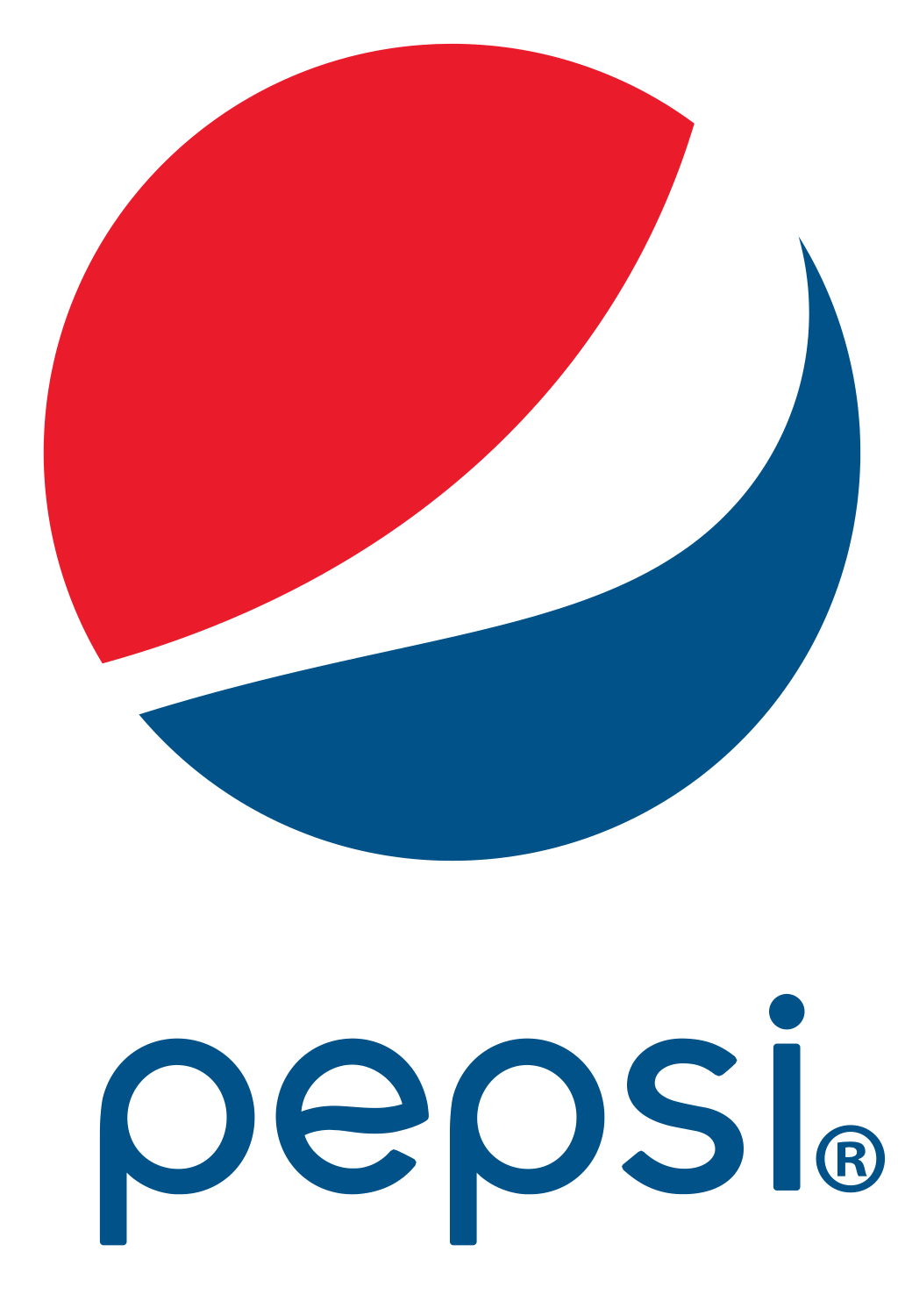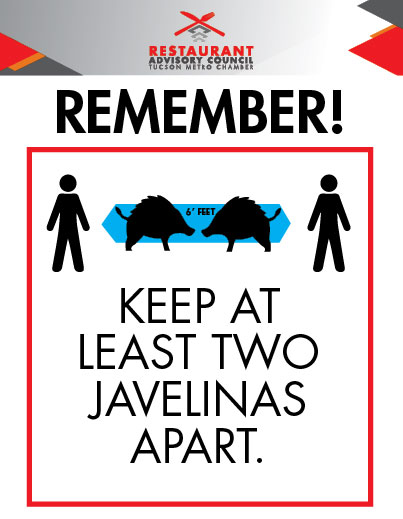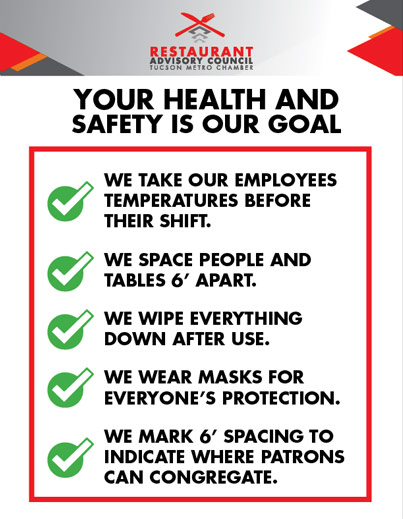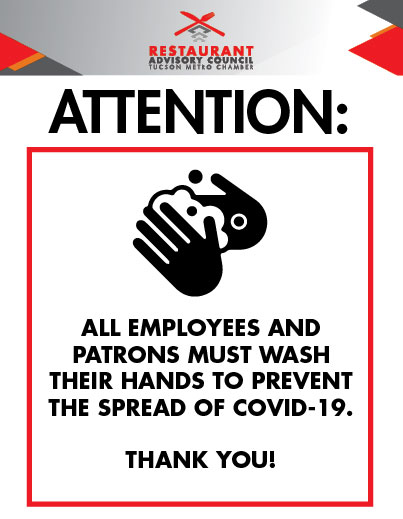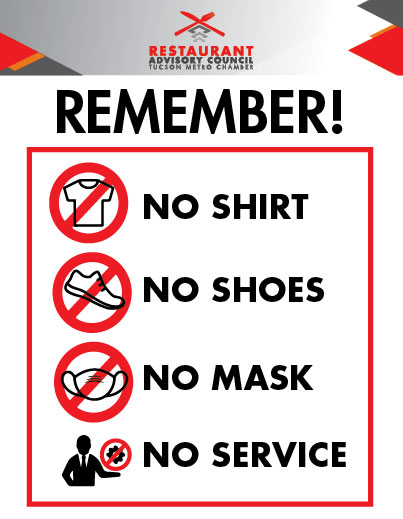SIGN IN
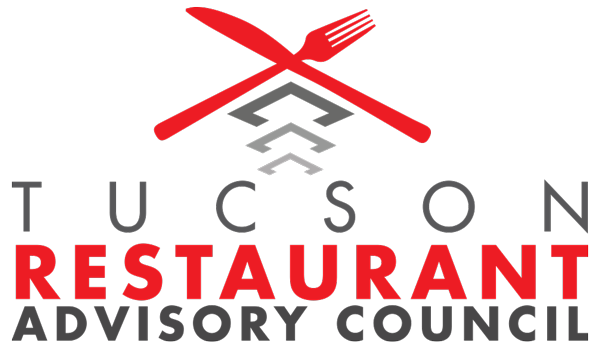

KEEPTUCSONCOOKING.com
Specials
NEWS
... See MoreSee Less
This content isn't available right now
When this happens, it's usually because the owner only shared it with a small group of people, changed who can see it or it's been deleted.- Likes: 0
- Shares: 1
- Comments: 0
0 CommentsComment on Facebook
Help out a fellow establishment if you are able. www.gofundme.com/f/rebuild-taqueria-pico-de-gallo?sharetype=teams&member=24037323&pc=fb_co_campmg... ... See MoreSee Less

Rebuild Taqueria Pico de Gallo, organized by Paulina Delgado
www.gofundme.com
Hi my name is Paulina Delgado. My Tata and Nana opened Taqueria pico de Gallo in 199… Paulina Delgado needs your support for Rebuild Taqueria Pico de Gallo0 CommentsComment on Facebook
... See MoreSee Less
This content isn't available right now
When this happens, it's usually because the owner only shared it with a small group of people, changed who can see it or it's been deleted.0 CommentsComment on Facebook

Tucson’s voice at the table. Let’s thrive together.
The restaurant industry is big business that contributes $1 trillion to our country’s economy. The Chamber's Restaurant Advisory Council directs the Chamber team on identifying and sharing best practices, policy issues hindering the hospitality and restaurant industry and ways to solve these issues.
TUCSON METRO CHAMBER RECEIVES COVID-19 RESPONSE GRANT
Tucson, AZ--- The Tucson Metro Chamber is one of 28 Chambers throughout the state to receive a grant from the Chamber of Commerce COVID-19 Response Grant Program, [www.azgovernor.us3.list-manage.com] established last month by Governor Ducey. Chambers of commerce submitted proposals to the grant program to implement, or expand, any initiatives that support local businesses and accelerate local economic recovery related to COVID-19.
Amber Smith, President and CEO of the Tucson Metro Chamber, submitted the request for funding on behalf of members of the Chamber's Tucson Restaurant Advisory Council (TRAC), a group of restaurant owners and vendors that actively engage with each other, elected officials and their representatives, and business service professionals to help guide TRAC members from survival mode to economic recovery.
“On behalf of our restaurant members, we have championed extension-of-use permits, drafted a local ordinance to reduce third party delivery fees, and brought in expertise otherwise inaccessible by many local restaurants. This grant will help us fulfill our ongoing mission to guide our members through programs like the “Keep Tucson Cooking” initiative, designed to reinforce the message of continued public support for local restaurants. In the coming weeks, PSAs, news releases, and media buys will run throughout Pima County through the COVID-19 pandemic and thereafter through the restaurants’ slowest part of the year".
The Chamber will offer small business grants in 2021. These dedicated funds are limited and will be granted based on an established set of requirements.
About the Tucson Metro Chamber
The Tucson Metro Chamber’s mission is to champion an environment where your business thrives, and our community prospers. The Chamber is a member-based business advocacy and community development organization that represents more than 1,500 businesses, employing more than 160,000 employees in the greater Tucson area.
TUCSON METRO CHAMBER MAKES IMPACT ON RESTAURANT POLICIES
Restaurant and Bar COVID-19 Measures
The Chamber’s Restaurant Advisory Council has been hard at work to ensure regulations during this time promote public safety while at the same time don’t place undue burdens on our local businesses. During these discussions, there have been a number of proclamations and executive orders approved by various entities so we wanted to make sure you knew what you can and cannot do.
- You need to take the temperatures of your employees before they enter the establishment. Taking the temperature of delivery drivers, contractors and vendors is encouraged but it is not required.
- Cloth masks and gloves and/or frequent hand-washing is required for all servers and restaurant personnel.
- You need to post a sign that says, "STOP Please do not enter if you have COVID-19 symptoms" at the entrance of the facility.
- Tables must be spaced a minimum of 6 feet apart from one another. Bar top or counter seating is not allowed, unless each party is spaced approximately 6 feet apart.
- You need to clearly mark 6-foot spacing marks and/or signage along entrances, hallways, restrooms and any other location within a restaurant where queues may form or patrons may congregate.
- You cannot seat more than 10 people at a table.
- Be creative with your menus and payment systems, like online versions, that reduce the potential of spread through physical menus and other points of contact.
- You cannot have salad bars and buffets at this time.
- Hand sanitizers or soap and water stations should be available at or adjacent to entrances to the facility, restrooms and in employee work areas.
- Like you already do, please carefully wipe down tables, tablecloths, chairs/booth seats, table-top condiments and condiment holders.
- You can expand your seating area outside and it does not have to be immediately adjacent to the existing restaurant footprint. You still need to obtain a permit but the jurisdictions have simplified the process for these temporary extension of premises.
- Liquor cannot be served to an extended area that is not contiguous to the restaurant.
- Restaurants and bars can deliver alcohol either through a delivery service or themselves. A Department of Liquor form is required to be filled out for each delivery.
CITY OF TUCSON ADOPTS TEMPORARY EXTENSION OF PREMISES MEASURES
- Seating allowed in a parking lot or private property
- Seating in walkways or common areas on private property
- Permits for banners and A-Frame signs are not required through the end of the year
- Temporary tents and similar shade coverings may be used when properly located, secured, and approved
- New seating does not have to be contiguous to the existing restaurant footprint (but state liquor laws must still be followed)
How our restaurants are keeping us safe
Items identified by an * indicates a requirement by the
Pima County Health Department.
PREPARE THE WORKFORCE
- Wellness/symptom checks, including temperature checks for all restaurant personnel, and when possible for vendors, contractors, third party delivery service workers, etc. as they arrive on premises and before opening of a restaurant.*
- Implement strict handwashing practices using soap and water for at least 20 seconds, especially after touching your face, nose, coughing, etc., going to the bathroom, and before eating or preparing food, and between servings.*
- Cloth masks and gloves and/or frequent hand-washing is required for all servers and restaurant personnel. Develop or follow handwashing policy for servers as it exists in the Pima County Food Code.*
- Mitigate anxiety by thoughtfully preparing employees to return to work. Increased communication is key.
- Provide ServSafe food handler training for your workers. They’re your front line; educating them protects them, you and your guests. Require all employees to complete new COVID-19 ServSave Certification. (It is free and only takes 10 mins.)
- The operator should identify signs of potential illness during a pre-work screening, following the business and Health Department guidelines for returning to work after illness. Additionally, follow CDC guidelines – tell the employee to self-isolate If COVID-like symptoms, 14 days from the onset of symptoms and be symptom-free for three days without medication.
- Consider assigning duties to vulnerable workers that minimize contact with customers and other employees.
- Limit crew members in bringing in personal belongings to limit touching of surfaces.
- Handshaking or personal contact should be forbidden by Crew Members.
COMMUNICATIONS
- Physical and/or electronic signage posting at the restaurant entrance of
public health advisories prohibiting individuals who are symptomatic from
entering the premises.*
- Clearly mark 6-foot spacing along entrances, hallways, restrooms andany
other location within a restaurant where ques may form or patrons may
congregate.*
- Pima County Health Notice - Posting of the “STOP Please do not enter if you
have COVID-19 symptoms” at the entrance of the facility.*
- Post signs reminding guests about social distancing. Thank them for their
patience as you work to ensure their safety.
- Place signs in restroom hallway or entrance to remind guests of the
suggested limit of one guest per restroom at a time unless accompanying a
child or someone in need of additional assistance.
- Ensure mandatory handwashing signs are visible in all restrooms. The
current requirement is “employees must wash hands before returning to
work” - consider changing signage to include all employees and patrons
must wash hands...
- Update your restaurants website. Ensure your new hours are listed, whether
you are offering delivery or takeout, and your
- Update your social media channels...and keep posting! Make sure you are
advertising that on your social media platforms and engaging with your
customers consistently.
- Add a note on your restaurant’s website about your sanitation and cleaning
procedures.
- Ensure third-party sites that list your website are updated.
FOOD PREPARATION, EQUIPMENT & SERVICE
- Hand sanitizers available at or adjacent to entrances to the facility, restrooms and in employee work areas, or soap and running water readily accessible to staff and customers and marked locations.*
- Cold holding equipment is holding less than 41° F.*
- Hot holding equipment is holding greater than 141° F.*
- Use linens that have been washed at a temperature of at least 160° F.*
- Check all equipment, water supply, fire suppression and HVAC systems for proper working function to be compliant to all local, state and federal codes. Ensure HVAC filters are clean and changed often, at least every 30 days.
- Ensure crew sanitizes timeclock/clock in tablet before touching. Consider placing (Lysol/Clorox) wipes by timeclock.
- Wipe down/sanitize all items coming into the store, including mail, delivery boxes, inventory items, etc.
SOCIAL DISTANCING PLAN
- Physical distancing of 6 feet minimum between tables. Bar top or counter
seating is not allowed, unless each party is spaced approximately 6 feet
apart.*
- Clearly marked 6-foot spacing marks and/or signage along entrances,
hallways, restrooms and any other location within a restaurant where
queues may form or patrons may congregate.*
- Limit parties to no larger than 10 allowed per table.*
- Indoor occupancy limited to 50 percent unless meeting physical distancing
standards allows a higher occupancy.*
- Where practical, especially in booth seating, physical barriers are
acceptable.
- Seat guests in intervals or rotations to allow proper time and process to
clean and sanitize all dining and seating surfaces before and after every
guest visit.
- Consider continuing food delivery or curbside pickup. Establish procedures
for touchless pickup (i.e. setting customer’s order on table for them to pick
up, rather than handing order directly to them).
- When possible, exit should be separate from the entrance.
- Determine ingress/egress to and from restrooms to establish paths that
mitigate proximity for guests and staff.
- Limit of one guest per restroom at a time, unless accompanying a child or
someone in need of additional assistance.
- Extend premise outdoors onto vacant land, into vacant building space, in
common areas, sidewalks or parking lots as allowed by a Pima County
temporary extension of premise permit.
REDUCE TOUCH POINTS
- Implement touchless payment methods if possible.*
Elimination of self-service stations including salad bars and buffets.*
- Sanitize customer areas after each sitting with EPA-registered disinfectant, including but not limited to: tables, tablecloths, chairs/booth seats, table-top condiments and condiment holders.*
- Between seatings, clean and sanitize table condiments, digital ordering devices, check presenters, self-service areas, tabletops, and common touch areas.
- Trays, tables, chairs, highchairs, boosters and bar stools shall be cleaned and sanitized after each use.
- Pens and writing utensils should be sanitized after every use. If customers need to use pens to sign credit card slips, have a bin of clean/sanitized pens as well as a “dirty” bin for pens that have been used. Sanitize pens before replacing into “clean” bin.
- Eliminate guests or unauthorized persons, including Crew Members off duty or coming in to pick up something, in food service preparation areas.
- Use door stops, foot pull devices and automatic doors if available.
- Consider cashless payment methods. For cash transactions, use hand sanitizer before and after every transaction.
Tucson Restaurant Advisory Council.
Ray Flores, Flores Concepts | Chair
AJ's Famous Hollywood Hot Dogs
Arizona Food Marketing Alliance
Barrio Bread
Barrio Brewing Company
Beach Fleischman
Black Bear Diner
Divine Bovine
Canchola Family McDonald's
Caruso's
Chef Chic
Chick-fil-A
Churrasco De Brasil
Cushman Wakefield I PICOR
The Coronet
CS Design Studios
Culver's
Dave & Busters
Dias Management
Finley Beer
Fleming's Steakhouse
Flores Concepts
FORS Architecture
Fox Concepts
The Funky Monk
Frost
Gentle Bens
Heemee
HSL Properties
Hotel McCoy
HUB
Illegal Pete's
Johnny Gibson's Downtown Market
Kingfisher
Kiwami Ramen
Kyte Enterprises
Los Betos
Lucky Wishbone
Mama Louisa's
Marshall Foundation/Main Gate Square
Mi Nidito
Pappoules
The Parish
Penca
Peter Piper Pizza
Pizza Hut
Prep & Pastry
ProVentures
Raising Cane's
Sentinel Peak Brewing Company
Shamrock Foods
Southern Arizona Ice & Water
Standard Restaurant Supply
Stillwell House
Sullivan's
Sushi Garden
Ten55 Brewing
Tucson Lifestyle
Union Hospitality Group
Univision
Visit Tucson
Whataburger

